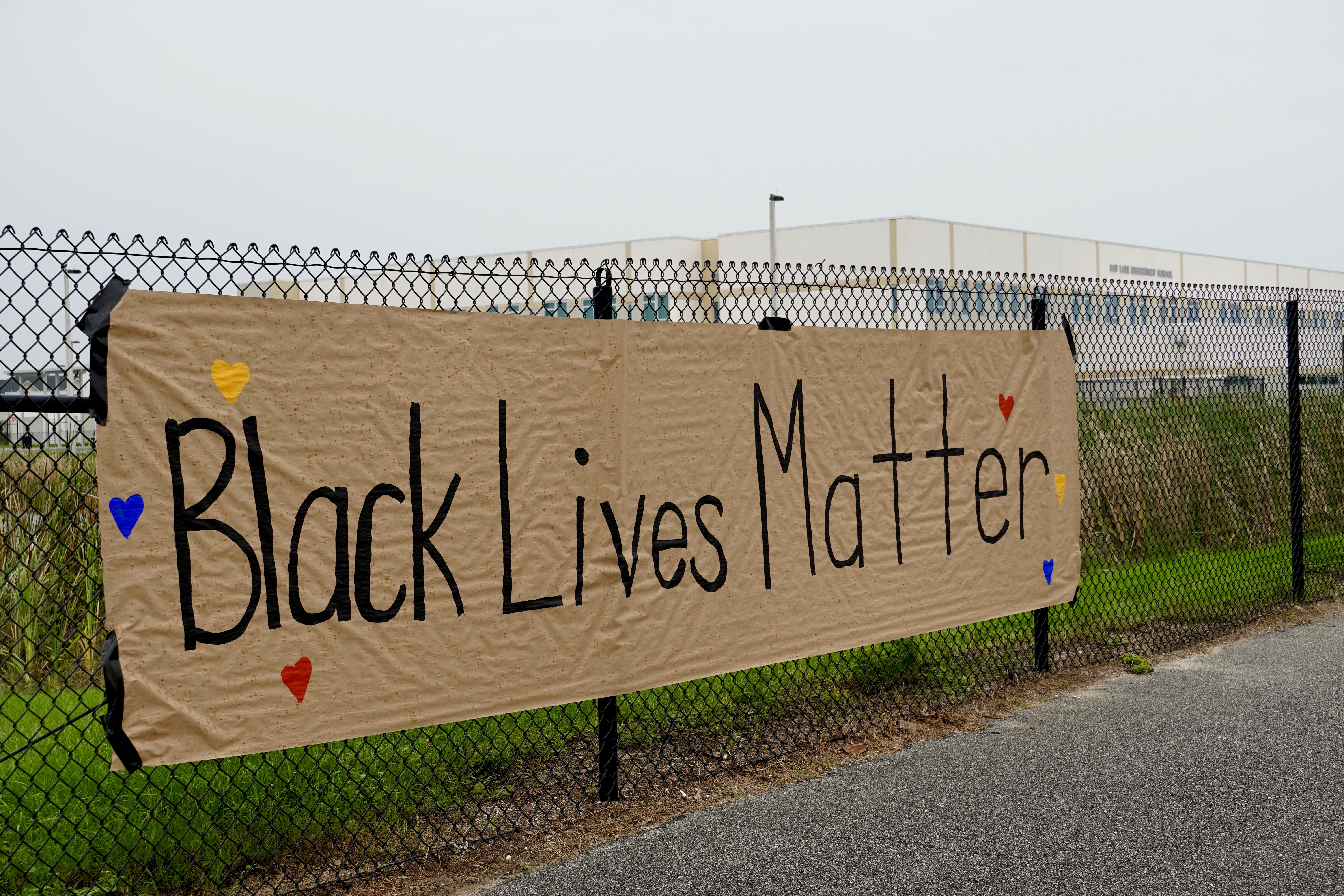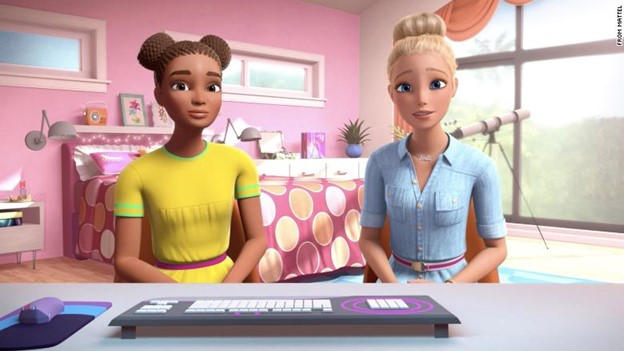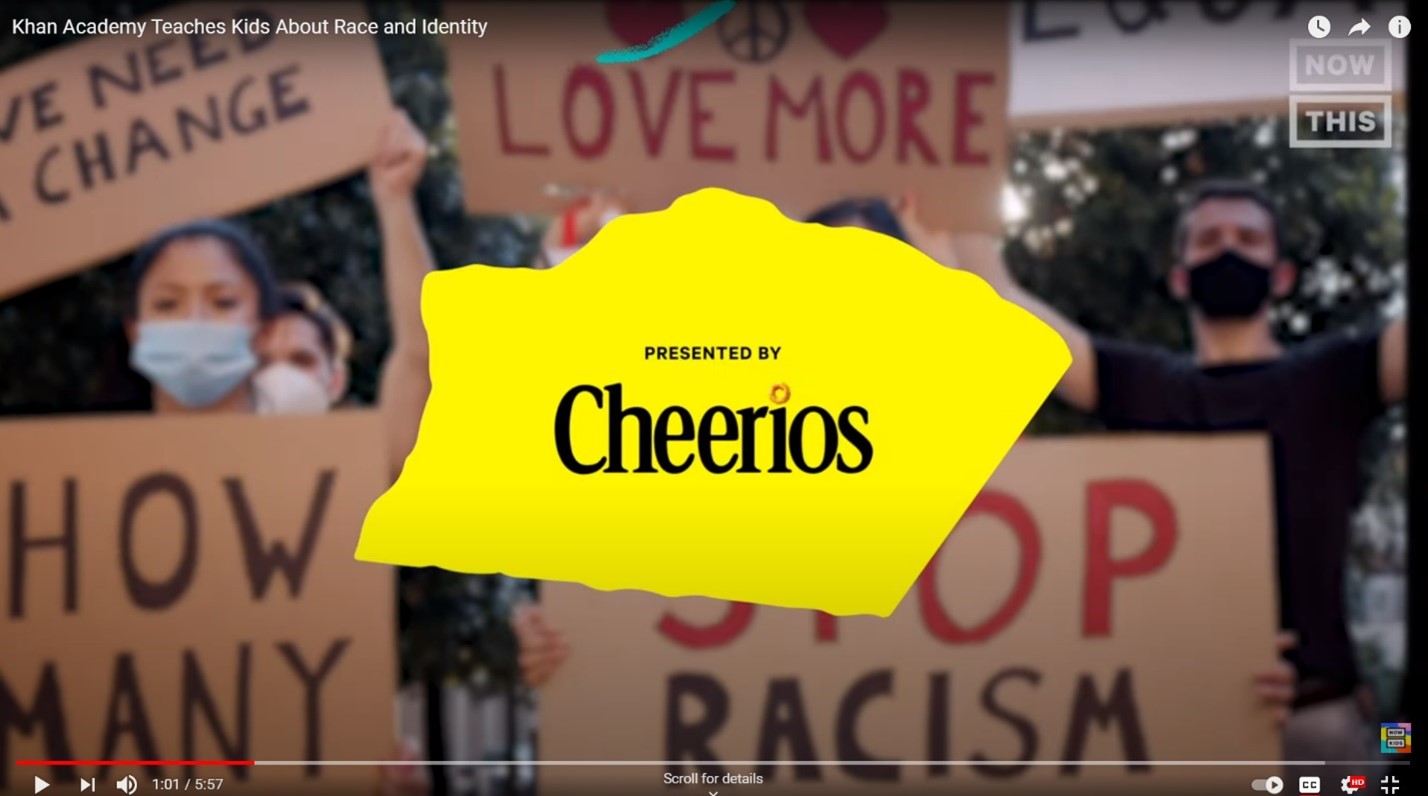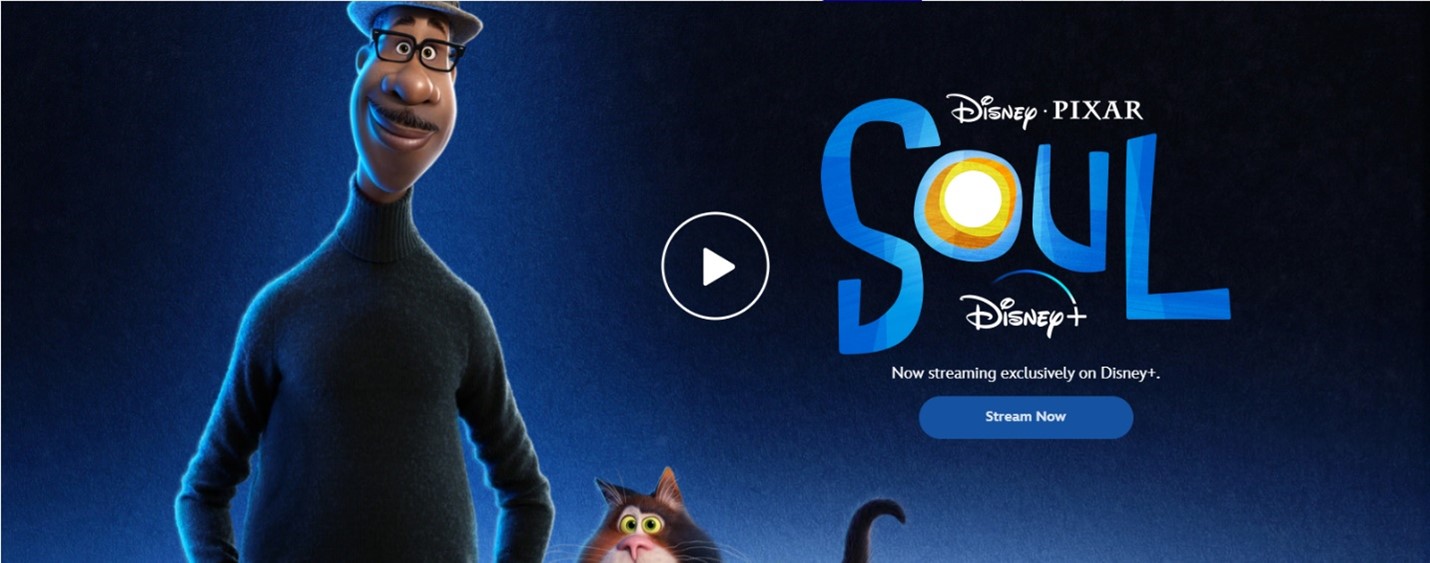
The BLM Movement And Youth: Where Are They Now?
Filed Under: Youth & Family

Liz Dibley
As we celebrate Black History Month, the YouthBeat® team thought it would be a good time to check on the Black Lives Matter (BLM) movement and youth. Previously, we:

In one episode of Mattel’s Barbie web show, “Barbie Vlogs,” Nikki talks about experiencing racism and how it represents a bigger problem.
Today, when we check in with youth, the consensus is that they want brands not only to acknowledge the problem of systemic racism and declare solidarity, but to also put their money where their mouth is. Brands that embrace multiculturalism are looked at more fondly, making young people feel that they empathize and share their generational viewpoint. On the other hand, brands that aren’t consistent in their support aren’t appreciated and may receive backlash online. One standout brand doing it right is Ben & Jerry’s who has been lauded for their strong and clear language, their action through partnerships with racial justice groups, and links to supporting articles and resources about the issues on their website. Mattel also garners applause for their commitment to representation and resources for both youth and caregivers. And, in honor of Black History Month, there are a number of companies showing their support for Black-owned businesses or offering special collections and promoting different causes that are focused on racial equality. Youth see these companies and applaud them. Over half (52%) of youth are more willing to buy a product if part of the proceeds contribute to a cause.* Young people deem brands trustworthy for practicing what they preach and appreciate their genuine focus on positively impacting change in society.

Khan Academy Teaches Kids About Race and Identity from NowThisKids and Cheerios.
More than ever before, there are a plethora of resources available for parents and kids that focus on recognizing and curbing racism.

Disney Pixar’s Soul
Youth value the importance of equality and social justice with 86% agreeing that it’s important to accept people with different racial or ethnic backgrounds.* Four in ten teens name discrimination or equal rights as an issue they are most concerned about.* Teens even practice conscious consumerism as a growing cohort of customers whose buying practices are driven by a commitment to making purchasing decisions which have positive social, economic, and environmental impacts. Fifty-eight percent (58%) of youth feel they can influence change in the world, and 4% of teens have participated in a rally or demonstration in the past year which, in a time when in-person events have been negatively impacted by a pandemic, is more than those who have gone to the circus, rodeo, an ice show, or monster truck show.* Additionally, youth are getting involved online, with social media being the source for social concerns for four in ten teens.* Notably, activism on TikTok ( an increasingly popular and crowd-sourced content platform, that in the past has been accused of suppressing BLM content, leading it to develop new initiatives to support Black creators) has expanded across the fall and winter with many teens learning from creators who share knowledge about the BLM movement and spread information that resonates with them to their friends and followers.
OUR POV:
Involvement with BLM and other social justice movements is not a passing trend for young people today. They know they are members of a generation without an ethnic majority, and they hold the ideals of equality to high esteem and expect the brands they love to do so as well. Make sure your brand is knowledgeable about the issues and proactive in your alignment with youth’s beliefs.
Don’t know where to start? Reach out to us and let our YouthBeat® and CultureBeat® team assist your brand!
*Source: YouthBeat Total Jan-June 2020
